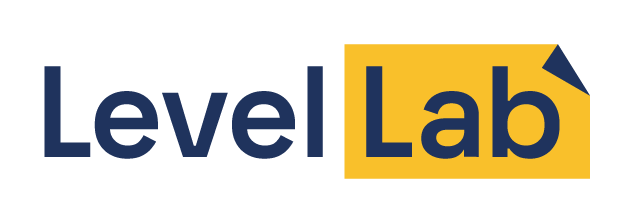Background
The qualifications system is part of the Estonian qualifications system – it connects the education system with the labor market and contributes to the development, assessment, recognition, and comparison of work-related competencies. The implementation of the qualifications system has been regulated by the Vocational Qualifications Act since 2001, and the system consists of four parts: the qualifications framework, vocational standards, awarding of vocational qualifications, and the vocational register.
Objective
The aim of the study was to determine the expectations of the participants in the qualifications system, their readiness for implementing the reform, and the transition to a skills-based approach, as well as to identify the potential challenges and risks associated with the planned innovations.
Methodology
During the study, the qualifications system used in Estonia was compared with the experience of other countries. Interviews and focus groups were conducted with direct and related stakeholders of the qualifications system to assess the readiness and expectations of the participants: applicants for vocational qualifications, issuers of vocational qualifications, educational institutions, learners, stakeholders involved in the development of vocational standards (including employers and professional associations), career counselors, qualifications system specialists, and policymakers. During the study, risk assessment was also conducted to ensure the realism and feasibility of the innovations.
Benefits
As a result of the study, input was obtained for the renewal of the legal system underlying the implementation of the qualifications system and for the implementation of a skills-based qualifications system.
Project contracting institution: Ministry of Education and Research
Project implementer: LevelLab
Duration: 03/2023 – 10/2023

